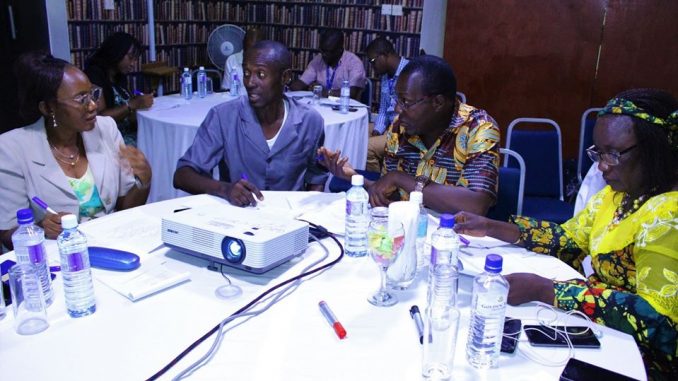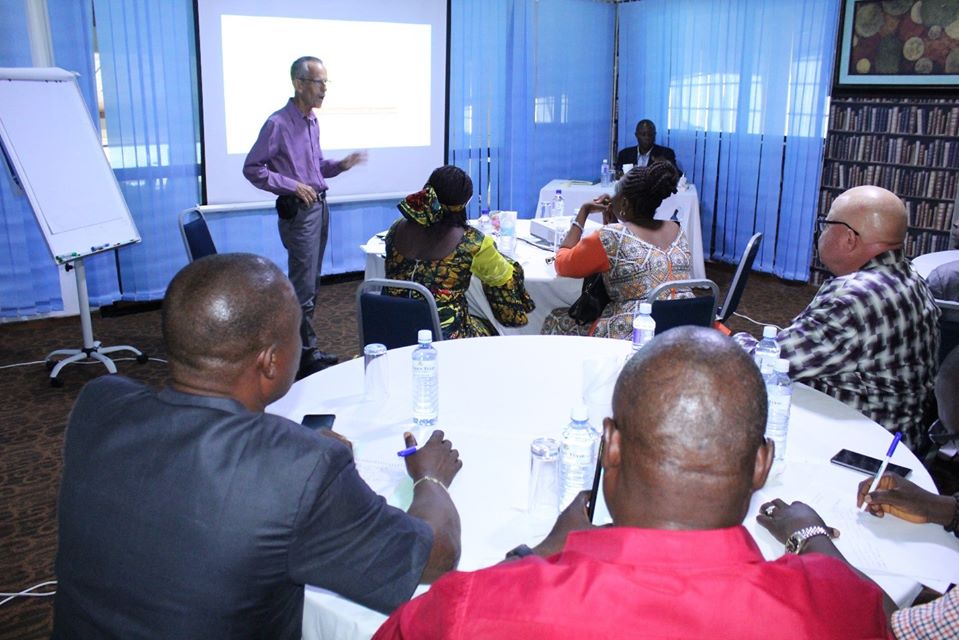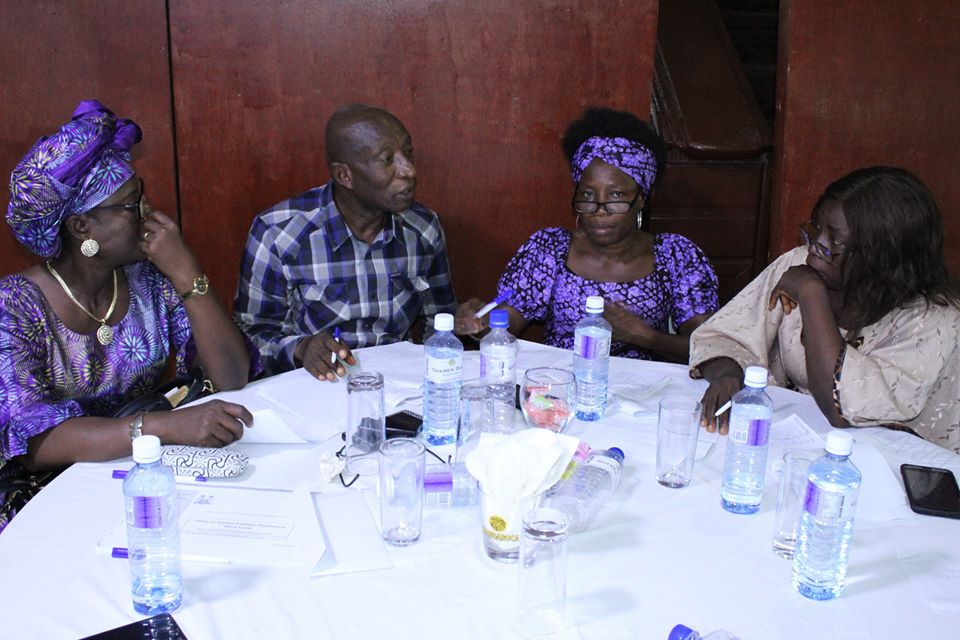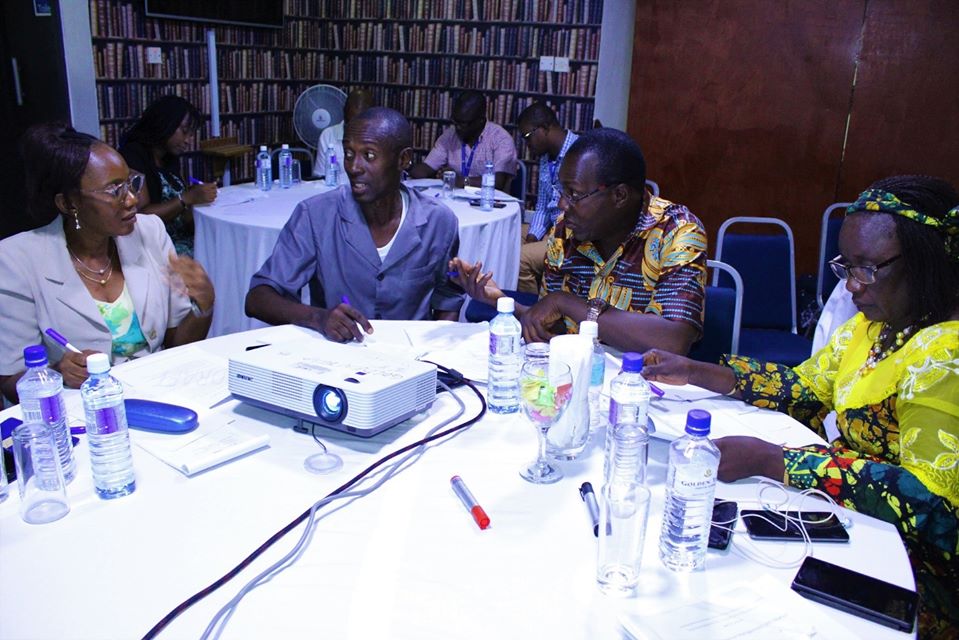
From a Human Resources standpoint, teachers in Sierra Leone face numerous challenges, from recruitment and teacher records, to payroll and gender inequity. However, the point of a series of four Focus Group Discussion sessions held from 14th – 19th November 2019 was not to dwell on the challenges but to present solutions. These solutions will inform the ongoing work on a Human Resource Manual for Teachers and School Leaders being developed by the Teaching Service Commission (TSC) with support from the EU programme Support to the Education Sector in Sierra Leone (SESSiL).
The Teaching Service Commission (TSC) was set up in 2011 to manage the country’s teaching force and increase the level of professionalism with which it performs its functions. To achieve this, the TSC recently prepared four key policies for teacher management; teacher professional development, employer relations/welfare of teachers and teacher registration and licensing.
“Basically, the Human Resource Manual for Teachers and School Leaders being developed is a practical “How To” tool on how best to implement the four TSC policies,” says Human Resource Specialist Jens Gnaur, PROMAN. Mr. Gnaur assisted in the drafting of the manual. Speaking on its development Mr. Jens Gnaur said “the manual is meant to help school leaders, teachers and others in the execution of Human Resource management activities like recruitment, transfer, promotion and other requirements. The manual provides the rules that apply in a given Human Resource function and the appropriate steps to be taken to execute HR tasks. It is hoped that the whole area of teacher management will increase in effectiveness.”
The Human Resource Manual for Teachers and School Leaders is one of a number of ongoing initiatives under the partnership between the TSC and the SESSiL programme, that aim to increase the quality of education. Other initiatives include the Professional Standards for Teachers and School Leaders, teacher professional development, school supervision and so on.
The Focus Group Discussions were held so that education stakeholders could provide input to the manual in the areas of laws, regulations and rules, major roles and responsibilities and HR needs. Over a period of four days, teachers, school leaders, representatives from the Ministry of Basic Senior Secondary Education (MBSSE), the Sierra Leone Teachers Union (SLTU), local councils, representatives from the Conference of Principals, Teacher Training Colleges and the Teaching Service Commission offered their views and opinions to further improve the Human Resources Manual.
Their input will be collated and integrated into a final draft of the document, which will then be digitized and provided online to teachers across the country. “Many teachers do not know the process of recruitment, promotion, reassessment or how to go about steps affecting their retirement,” says the Deputy Director of the Teacher Management Department, TSC, Mr. Alimamy Bundu Kamara, who worked with Jens Gnaur on the primary draft of the manual. “Over the years, teachers have had to travel from afar to Freetown to access information on their personnel records. With this manual, any teacher with a smart phone and an internet connection will very soon have all the information at their fingertips, even if they live as far as Karene.”
“Human resource management is key in delivering school action plans,” says Ann Konneh, Assistant Director, Gender Unit of the MBSSE, who attended the discussions. “If teachers are not well adjusted, there is no way they can manage their classrooms effectively. The manual will facilitate effective school management and school and community relationships.”
Once the manual has been completed and fully digitized, it will be popularized among teachers who constitute the largest workforce on the government’s payroll, school leaders and others. TSC District Officers and their teams will be trained in the use of the manual in its digital form, so that teachers can direct any questions and concerns they may have to their various district offices.





Leave a Reply